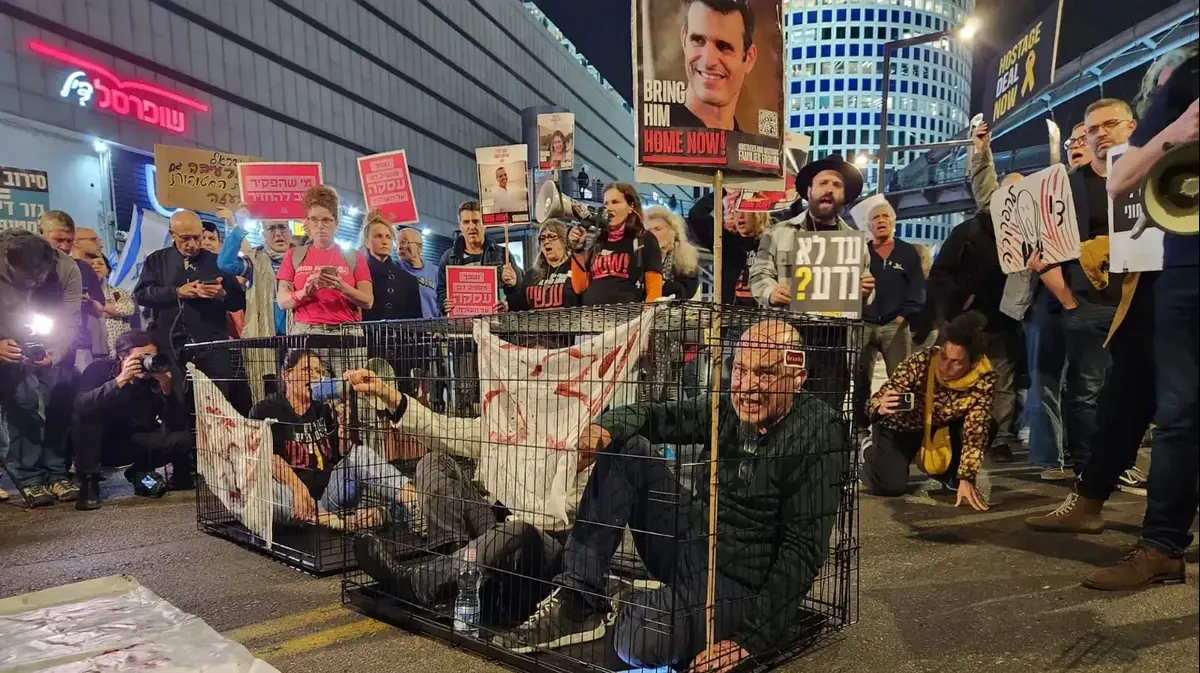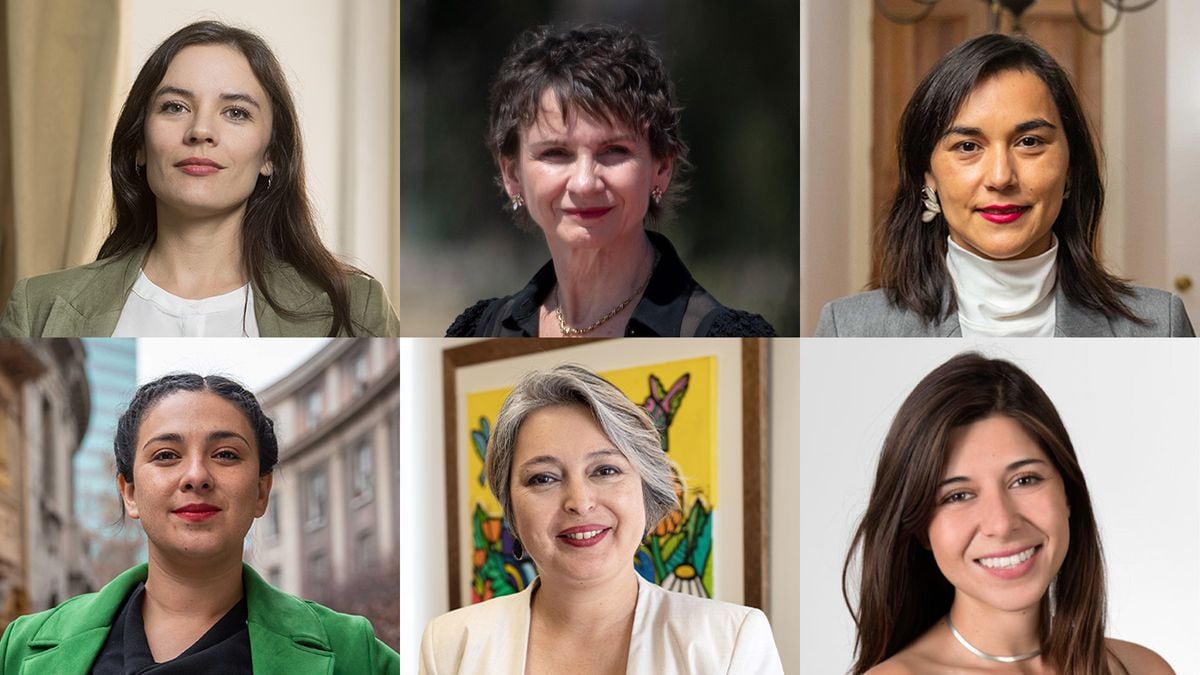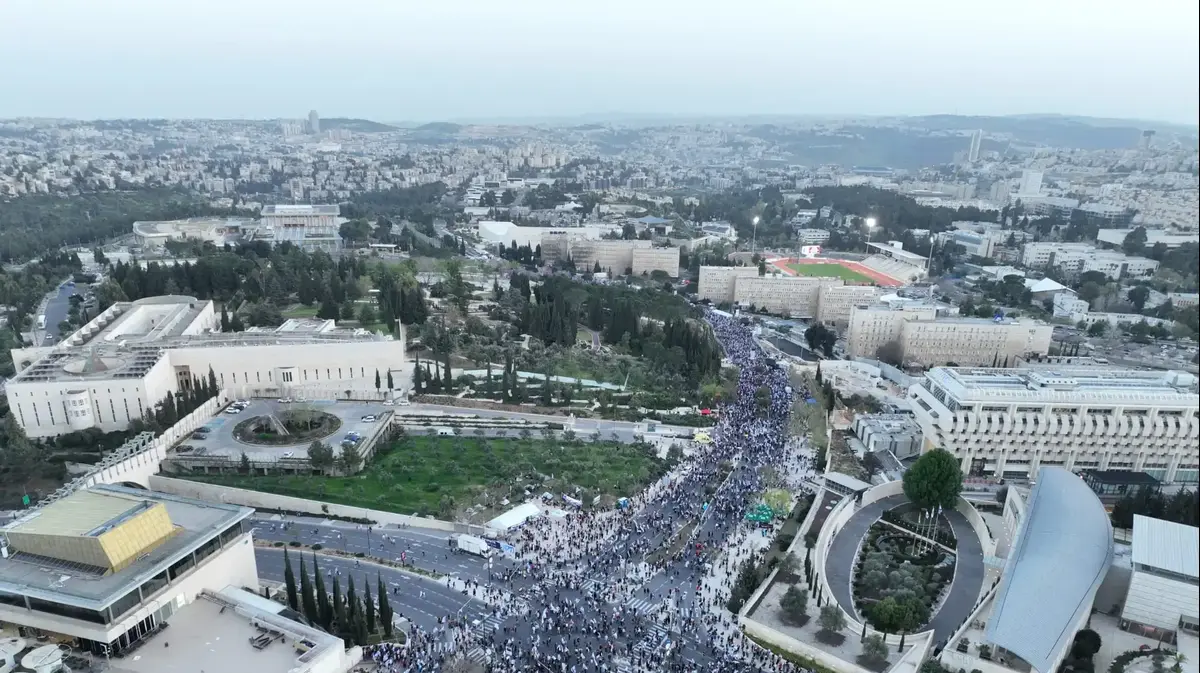Global society
all articles
At least 15 dead, burning barricades, a country in a state of emergency and a president on the defensive: In Chile fierce protests raging, which had initially ignited an increase in prices for subway tickets in Santiago de Chile.
Meanwhile, the rallies and riots have spread to the whole country, police and military face the demonstrators. For a long time, discontent over Chile's neo-liberal economic system has been masked by high growth rates, and that's the end of it: everywhere annoyance over great social inequality, rising prices and high tuition fees breaks out of the protesters, in some cases it has accumulated years or decades.
Shortly before President Sebastián Piñera apologized to the citizens on Tuesday evening and promised reforms shortly before shops burned in Santiago in the evening, numerous demonstrators gathered in the capital again.
Here, six of them tell why they are protesting - and how they are looking at the social inequality in their country.
Josefa Aldunate, 16, student: "I want to support my people"
Sophia Boddenberg
Josefa Aldunate
"I am taking part in the protests because I want to support my people, I am angry at the great differences between the rich and the poor here in the country Chile has finally awakened, has become aware of this inequality." The police are using tear gas I had to run a lot already.
It all began with the increase in subway fare: people who use the subway usually do not have a car and earn less. Just to get to work and back, they have to pay 50,000 pes a month, often earning only 200,000 pesos. That's a quarter of her monthly salary.
The students noticed and started protesting against the fare increase. They did not do that for themselves, the pupil rate was not increased, but for their fellow human beings.
We students are also angry for a long time because the education system is unjust. Not everyone has equal access to good education. Education and health should be guaranteed by the state and not privatized. One day, Chile will be a country without social classes, where we all have equal rights to housing, food, education and health. That is my wish."
Pablo Abufom, 36 years old, translator
Sophia Boddenberg
Pablo Abufom
"I live in the Barrio Yungay in Santiago, we have been protesting here with 'cacerolazos' since Thursday, making noise by pounding pots, and on Friday we noticed that there were protests and 'cacerolazos' all over Chile The situation is sharpening, and on Sunday we convened the first meeting organized by our neighbors, the 'Asamblea del Barrio Yungay'.
The meeting should be a meeting place to organize participation in the protests to coordinate our demands. So far, we demand that the military be removed from the streets and that the state of emergency be suspended. The resignation of Piñera is for us the prerequisite for any change. In order to have higher pensions, a dignified transport system and a public health and education system, the government must resign. Our goal: constituent assemblies in different neighborhoods.
The price for the subway rides was just the spark. It's not just 30 pesos, but 30 years we were robbed and cheated. Since the first day of the protests you can feel the enthusiasm here in the neighborhood. The demonstrations are massive and more and more people are joining. Even after the curfew, the neighbors remain on the streets. If we were scared, we will not have any anymore. "
Michell Moreno, 30 years old, math teacher
Sophia Boddenberg
Michell Moreno
"Of all the social problems we have in the country, education is the greatest, and at present it does not guarantee quality or equal opportunities, in the slums there are schools for the poor and in the rich neighborhoods schools for the rich.
I worked for several years in schools in socially deprived neighborhoods of Santiago. There the proletariat is used, cheap workers who will never rise socially or get into a decision-making position. Now I work in a private school where the students have all the doors open. They are taught that they can become what they want. Because the financial resources for good education exist.
At the school where I work, parents pay between 450,000 and 500,000 pesos a month in school fees (about 600 euros) , which is significantly more than the minimum wage in Chile. At the last school I worked on, I earned 350,000 pesos a month, and I earn more than threefold at the private school. As a result, many good teachers change to the private sector.
I grew up in La Pintana in the Población El Castillo, one of the poorest districts with the worst quality of life in Chile. I was lucky and could study, but many of my classmates did not. That's what I want to convey to my students who belong to the elite. I want them to realize their privileges, to work for those who are not so lucky.
I protest because I want a new constitution that guarantees all Chileans basic social rights and puts an end to the neoliberal economic model. Not only do I want President Piñera to resign - I want a system change. "
Claudia Salas, 59, unemployed
Sophia Boddenberg
Claudia Salas
"I am here to defend my rights, my rights and those of all working-class citizens who earn so low a salary that they can not even pay for the subway." So brazenly is the dictator Piñera.
I call him dictator because I remember the military dictatorship of Augusto Pinochet. I was 13 years old when the military pushed against the democratically elected socialist government of Salvador Allende. I know people who were arrested and tortured during the dictatorship. I did not think I would have to relive the military patrolling the streets.
That's why I'm here, for the young people, for the younger genre generations, to leave them a country with a better government. Although this is difficult, because all politicians are thieves here. But we are here to show Piñera that we are the majority. So that all people come out of their houses on the streets and can not be beaten down. "
Valeska Escobar Mánquez, 34, actress
Sophia Boddenberg
Valeska Escobar Mánquez
"I am not only here for myself, but also for my children and my parents, for their education and their pensions." Chile has woken up - and with rage, that's what you can sense in the city protects the interests of the powerful.
In our family, we are all artists and support the protests. I also protest for my newborn son. He was born at the right moment to grow up and fight. My older son is 17 years old, he too is protesting. Today he will sing here. "
Ricardo Cáceres, 31 years old, Surgeon
Sophia Boddenberg
Ricardo Cáceres
"I work in a public hospital in the south of Santiago, and the health system situation is extremely critical.
In the public hospitals in Chile drugs are scarce, operations are canceled because there is not enough financial resources. Money that should actually be invested in the public health system flows into the private sector.
In addition to the health system, the most pressing problems are the minimum wage and the gap between rich and poor. There is so much injustice in Chile, the situation had to explode at some point. "
This article is part of the project Global Society, for which our reporters report from four continents. The project is long-term and supported by the Bill & Melinda Gates Foundation.
What is the project Global Society?
Under the title Global Society, reporters from Asia, Africa, Latin America and Europe will be reporting on injustices in a globalized world, socio-political challenges and sustainable development. The reportages, analyzes, photo galleries, videos and podcasts appear in the Politics Department of SPIEGEL. The project is long-term and will be supported over three years by the Bill & Melinda Gates Foundation (BMGF).
Are the journalistic contents independent of the foundation?
Yes. The editorial content is created without the influence of the Gates Foundation.
Do other media have similar projects?
Yes. Major European media such as "The Guardian" and "El País" have created similar sections on their news pages with "Global Development" or "Planeta Futuro" with the support of the Gates Foundation.
Was there already similar projects at SPIEGEL ONLINE?
SPIEGEL ONLINE has already implemented two projects in recent years with the European Journalism Center (EJC) and the support of the Bill & Melinda Gates Foundation: The "Expedition The Day After tomorrow" on Global Sustainability Goals and the journalistic refugee project "The New Arrivals" Several award-winning multimedia reports on the topics of migration and escape have emerged.
Where can I find all the publications on the Global Society?
The pieces can be found at SPIEGEL ONLINE on the topic page Global Society.















